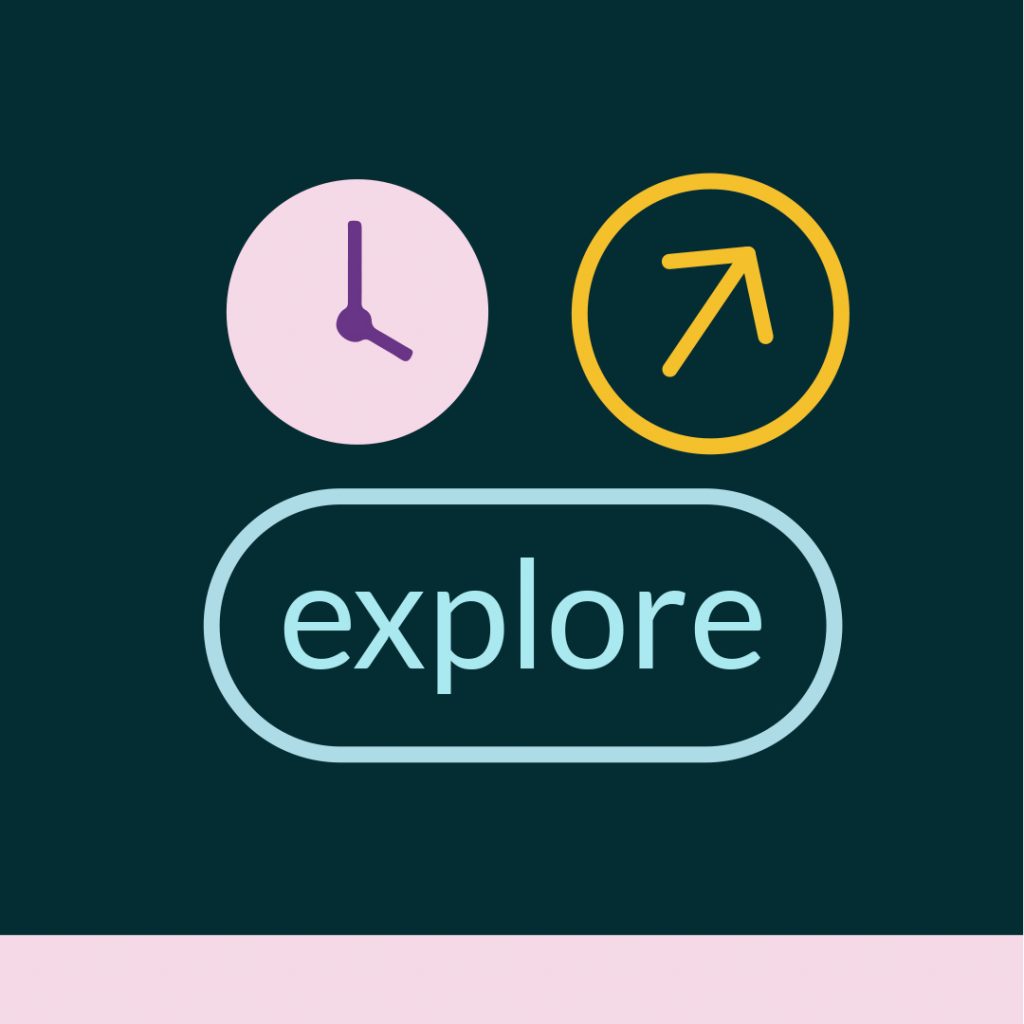You probably remember those tedious language drills at school, where the whole class repeated the same sentence ad nauseam. Or when you parroted an assigned passage that you had learned by heart. The biggest problem with these teaching methods is that they are ineffective. Students get bored in class, lose interest, and do not learn a thing. The opposite of that is task-based learning, where students learn by doing. At English Services, we apply this methodology with great success.
Tell me and I forget. Teach me and I remember. Involve me and I learn.” Benjamin Franklin
Task-Based Learning Basics
In a typical task-based lesson, students are given a problem to solve or an interactive task to complete. They communicate in real, everyday language instead of doing repetitive vocabulary or grammar drills. As a result, the students get engaged in the learning process. Unlike traditional teaching methods, this teaching approach creates opportunities for language use that are focused on meaning.
As well as practicing oral and aural skills, students practice their reading and writing skills in meaningful tasks that mimic real-life situations. The TBL approach offers the opportunity to acquire and practice a new language in context. Learning verb conjugations to communicate in a different language is not enough, but knowing how to use them in context is what makes for successful communication. By performing a task in class, students experiment with language, practice, make mistakes and learn from them, and see how it works in real-life situations.
Sample Tasks
Depending on the proficiency level of the students, the tasks can range from taking a taxi to a certain destination or making hotel reservations to creating a sales presentation. The tasks are tailored to the students’ needs, such as learning a language for travel or business.
Lesson stages
Usually, a task-based teaching lesson is divided into certain stages:
- The pre-task stage: the teacher introduces the topic and a model or sample recording of the task to help students with some new language resources. Then, the students prepare for the task in groups or pairs.
- The task stage: the students complete the task while the teacher supervises them.
- The planning stage: the students prepare a report to share with the class, while the teacher goes around the classroom giving advice and answering questions.
- The reporting stage: the students report back to the class.
- The analysis stage: the teacher analyzes the model and highlights relevant language structures and vocabulary.
- The practice stage: Students practice the relevant functional language.
Advantages of TBL
As this method is collaborative in nature, it fosters confidence in real-life situations because students must use all their language resources, as they would in everyday situations, to carry out the task in class. Besides, the natural contexts in which language is practiced make the experience personalized and relevant to students. It is personalized because the language studied is directly related to the students’ needs. Also, they are exposed to a whole range of vocabulary, collocations, and language forms.
This strong communicative approach is student-centered, enjoyable, and motivating. Students spend a lot of time interacting with each other, so their fluency, communication skills, and understanding of language improve exponentially.
Task-Based Learning at English Services
At English Services, we do not believe in textbooks or in learning by rote. Our language courses revolve around specific projects with set tasks that students carry out. Each level consists of three modules, and each module includes three projects that students can choose from. We use real material designed in-house by our own content developers. Drop us a line to find out about our language training services.





